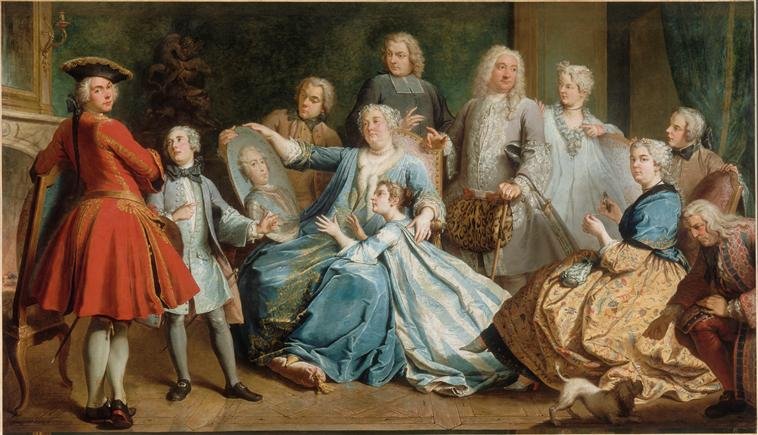Dissertation: Research Project, Luxury
Future Thinking: Confronting Luxury
Navigating Biotechnological Progress In Luxury Fashion Amidst Historical Pressures In the Battle For Animal-Free Elegance.
This project explores the intersection of biotechnology and luxury fashion, focusing on the growing trend of using biomaterials to replace animal-derived products like fur and leather. The research examines the potential for biotechnology to revolutionise the luxury sector, addressing both ethical and environmental concerns, while maintaining the high standards of craftsmanship and quality that define luxury.
-
The project is structured around an exploration of key macro trends influencing luxury fashion, particularly the shift from traditional animal products to biotech alternatives. The report looks into the historical significance of fur and leather in fashion and how emerging biotech solutions, such as lab-grown materials, could reshape consumer behaviour and industry practices. A detailed review of both industry responses and consumer trends is presented, focusing on how brands like LVMH are pioneering bio-material collaborations.
-
The luxury fashion industry faces increasing pressure from ethically conscious consumers who demand sustainable alternatives to traditional materials. Biotechnology presents a solution by offering high-quality, lab-grown materials that can replace animal products without compromising luxury aesthetics. The research reveals that while luxury brands are beginning to embrace biotechnology, the full integration of biomaterials will depend on consumer education and the continued development of scalable, eco-friendly alternatives.
-
The research was guided by an interpretivist philosophy, allowing for the examination of societal and cultural influences on luxury fashion trends. A longitudinal research design was used, combining both quantitative and qualitative data sourced from academic literature, industry reports, and case studies. The methodology included a funnel design approach, beginning with broad industry analysis and narrowing down to specific themes of biotechnology, animal product alternatives, and their implications for the future of luxury.
Project Details
-
The project highlights the evolving preferences of luxury consumers. Younger generations are increasingly concerned about sustainability, pushing luxury brands to adapt by exploring new materials that are environmentally friendly and cruelty-free. However, there remains a gap in consumer awareness about biotech materials, which brands must address through targeted marketing and education.
-
The report traces the use of animal products like fur and leather in luxury fashion from ancient times to the present. Historically, fur symbolised status and power, with its use peaking in the 20th century before anti-fur movements led to a gradual shift towards synthetic alternatives. Today, biotechnology is emerging as the next frontier, offering innovative solutions such as lab-grown leather and biodegradable textiles, which align with modern ethical and environmental values.
-
Biotechnology presents significant commercial opportunities for luxury brands, particularly in terms of differentiation and sustainability. By adopting biomaterials, luxury brands can cater to the growing demand for eco-conscious products, attract a younger, more ethically driven consumer base, and position themselves as innovators in the luxury market. The scalability of these materials and their environmental impact will be key factors in their commercial success.







